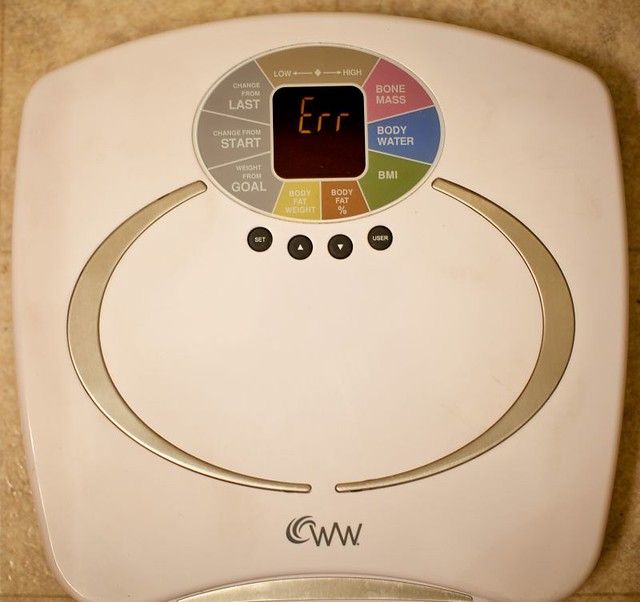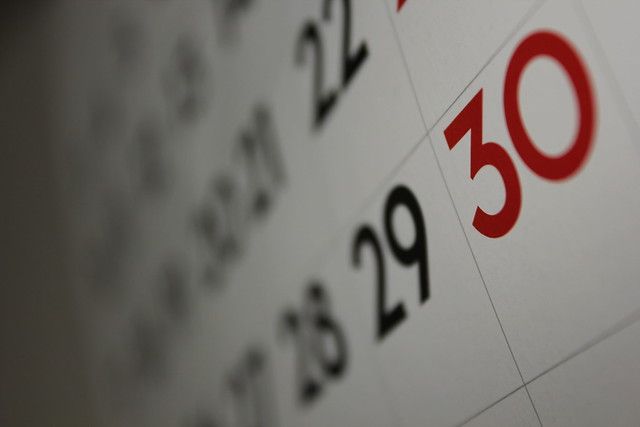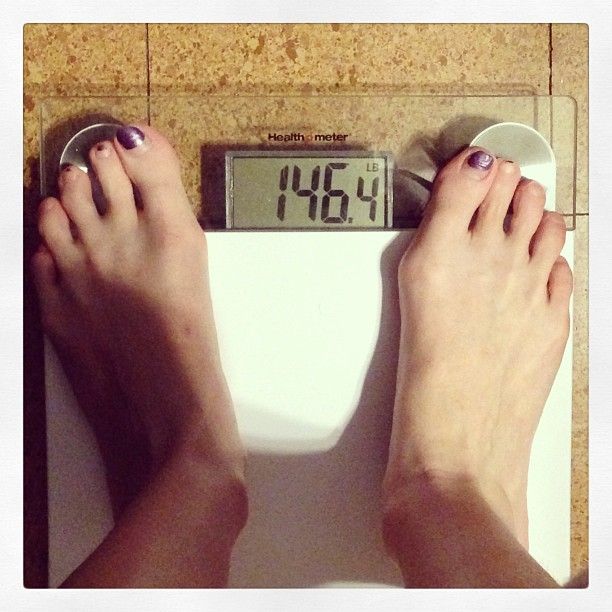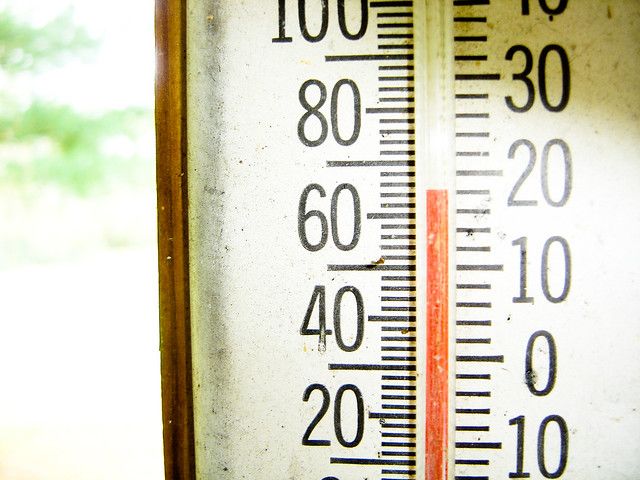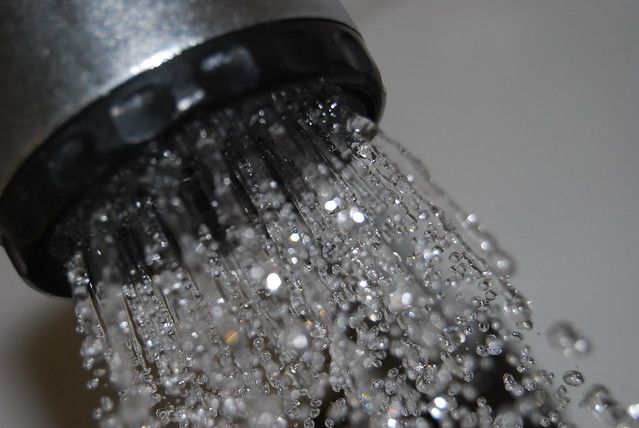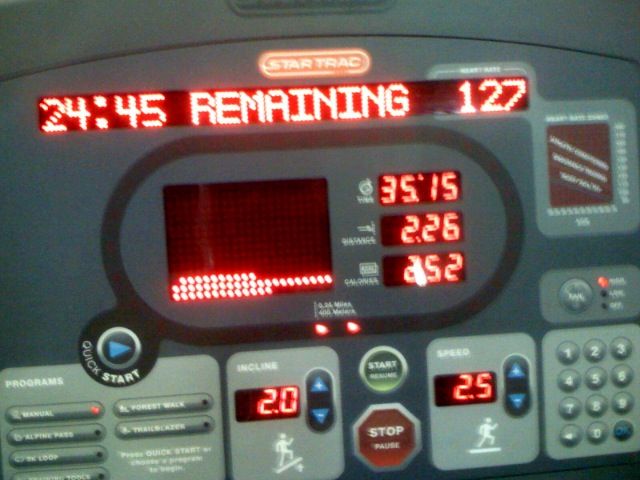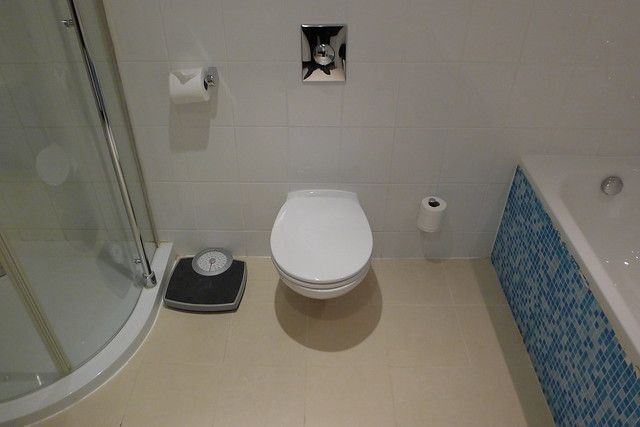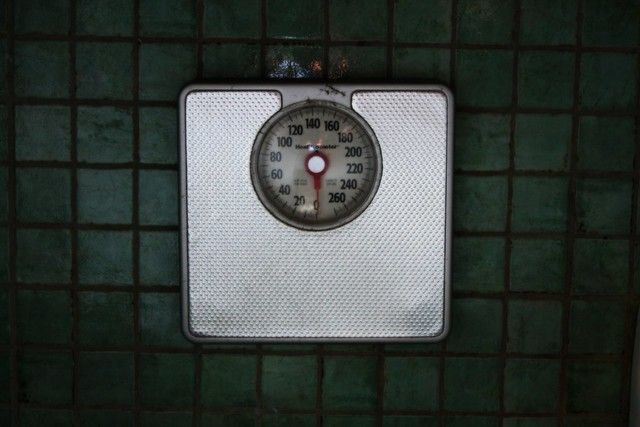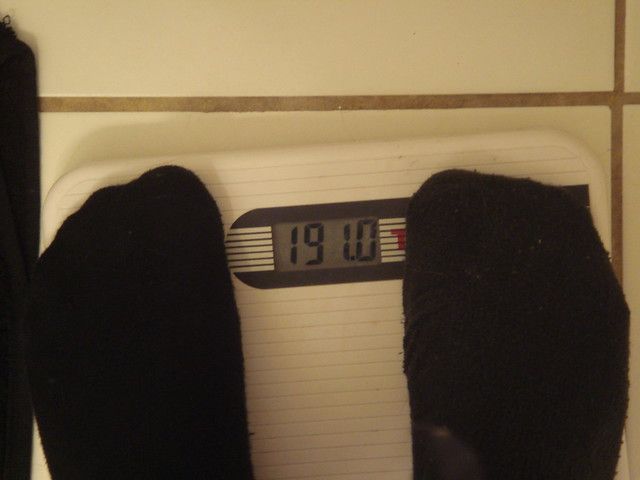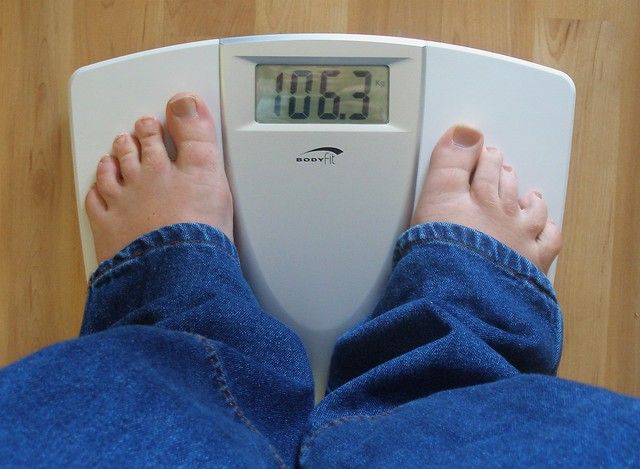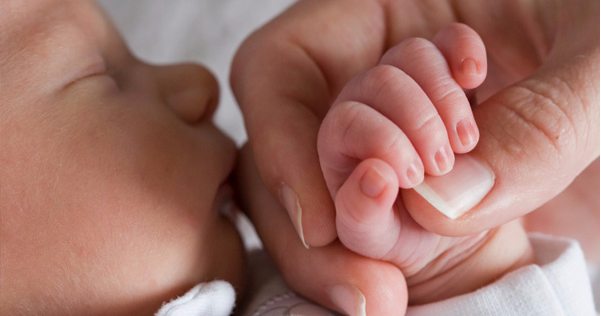If you're trying to lose weight, then you've most likely stepped on the scale in the last few weeks. It can be a discouraging if you don't see the numbers move, but it can also be a great feeling once you see them go down. The thing is, the scale isn't really the best way to gauge weight loss. Sure, you see the numbers, but you can gain muscle or have your body composition change, and that doesn't show up on the scale.
Weighing yourself is an important part of most diet and exercise routines, but a lot of people are making mistakes when it comes to stepping on the scale. These are some common mistakes people are doing when weighing themselves.
1. You're weighing yourself every day.
When you weigh yourself every day, you can make yourself anxious and develop an unhealthy relationship with the scale. Obsessively weighing yourself doesn't give you the whole picture in terms of what's going on in your body, and it can end up stressing you out. When you're stressed, your body develops the hormone called cortisol. Unfortunately, cortisol leads to an increase in cravings of sugar and fat, so weighing yourself every day could actually harm your weight loss journey.
2. You're using a digital scale.
Digital scales are the most common and arguably most convenient ones on the market. The issue with digital scales, however, is that their accuracy can be very skewed. Moving your digital scale even a little bit can cause it to become uncalibrated. Chances are, you're not calibrating it every morning, so your scale will most likely be inaccurate. If you want an extremely accurate reading of your weight, it's best to use the professional scales you see at a doctor's office.
3. You're not taking the weather into account.
Yes, the weather can affect your weight, or more specifically, your scale. Digital scales tend to read heavier in colder weather and when there are high levels of humidity. In fact, one study showed that there can be as much as a 3.4lb difference in weight readings depending solely on the temperature. So the next time there's a cold spike or a heat wave and you step in the scale, just remember to keep that in mind.
4. You're weighing yourself at night.
Perhaps you're someone who likes to step on the scale after your evening shower and bed time routine. If this is the case, it might be time to switch things up. When you step on the scale at night, your weight is undoubtedly going to be higher. You've eaten at least 3 meals that day plus taken in fluids. You can gain between 6 and 8lbs in a day just based on natural variabilities, so it's best to weigh yourself in the morning before you get on with your day.
5. You're weighing yourself after you shower.
A lot of people have a morning routine which involves showering, and I'm sure there are also a lot of people who include weighing themselves in that routine. The issue is that some people weight themselves after the shower, and that's not a good idea.
"Your skin is the largest organ in the body and absorbs fluid easily," says Dr. Keith Kantor, a leading nutritionist and CEO of the Nutritional Addiction Mitigation Eating and Drinking (NAMED) program. "After a swim or a shower, your body can absorb 1 to 3 cups of water, increasing your true weight by a few pounds."
Plus, if you have long hair like me, it's going to be a lot heavier when it's wet.
6. You're weighing yourself after a workout.
Stepping on the scale after a workout makes sense, in theory. You've just burned off some calories, so clearly you've lost weight, right? Not quite. Yes, the number on your scale might have gone down, but that's because you were sweating during your workout. For every 16oz of sweat your lose, you'll lose 1lb. A better way to gauge the effectiveness of your workout in regards to weight loss is checking the next morning. That will give you a more accurate depiction.
7. You're using different scales.
Maybe you've got a few different scales in the bathroom, or maybe you're alternating between your scale at home and a scale at the gym. Either way, different scales will give you different readings, and it could start to mess with your head. Different scales can have a difference of between 5 and 10lbs, which if you're trying to track weight loss, can be discouraging. Stick with one scale for consistency's sake, so you'll be able to see relative results based off one set of readings.
8. You're weighing yourself around your period.

Ladies, you probably already know this, but it's worth mentioning. When you're PMSing, you retain water and it can affect your weight.
"Women retain more fluid right before their menstrual cycle starts," says Kantor. "There is a lot of fluid retention that can influence weight gain by up to 7 to 8 pounds."
Plus, let's not forget the extra snacks we tend to eat. Take a break from the scale during your time of the month.
9. Your scale is in the wrong place.
Unfortunately, even though they're called bathroom scales, putting your scale on the bathroom floor can be causing it to read incorrectly.
"If a scale is on carpet, uneven tile, or wood it can also appear to be calibrated poorly," says Kantor.
Your scale needs to be on a hard, flat surface for accurate read outs. If your bathroom tile is level, then keep doing what you're doing, but if it's not then it might be time to find a different place in the house to leave the scale!
10. You're wearing clothes.
Some people don't feel comfortable in the nude, and that's totally fine, but it means that your scale readings will be higher than what you actually weigh. If you're going to weigh yourself at the gym, make sure your shoes are off and that you're wearing very lightweight clothes. If you're weighing yourself at home, try and do it with as little clothing as possible, if any at all. Also, if you are going to wear clothes during a weigh-in, try and wear the same outfit every time so that you know you're getting consistent results.
There are multiple reasons why the scale isn't the most accurate way to indicate weight loss, and these are some of the mistakes to prove it.

